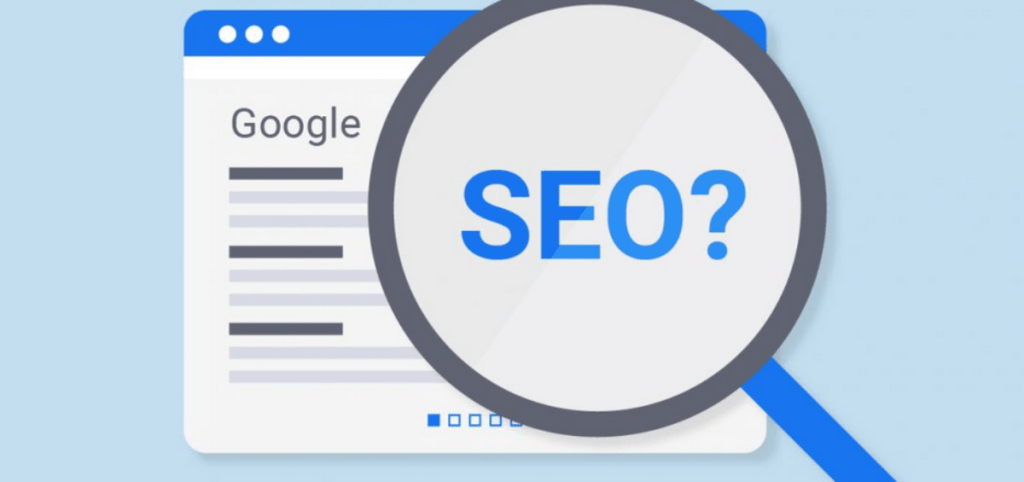
Want to understand what is SEO and how it works? Want to learn about SEO marketing and how to apply it for your own business? We’ve made this simple guide to teach you more about SEO meaning, SEO optimization, and SEO marketing. With this resource, you’ll be able to give your SEO definition and generate long-term results.
FACTORS THAT AFFECT ON-PAGE AND OFF-PAGE SEO OPTIMIZATION
1. Content Marketing
- Blog posts and articles
- Social media content
- E-books and whitepapers
- How-To Guides and Tutorials
- Videos and audio recordings
- Infographics or other visual content

2. On-Page SEO Optimization
The on-page SEO factors are those elements that happen on your website. These are the things that you have complete control over, meaning that you can work to improve these factors over time by following best practices for SEO. This goes beyond just your content marketing to the deeper levels of your site’s HTML.
- Title Tag – The title tag on each page tells the search engines what your page is about. This should be 70 characters or less, including both the keyword your content focuses on and your business name.
- Meta Description – The meta description on your website tells search engines a little bit more about what each page is about. This is also used by your human visitors to better understand what the page is about and if it’s relevant. This should include your keyword and also provide enough details to tell the reader what the content is about.
- Sub-headings – Not only do sub-headings make your content easier for visitors to read, but it can also help improve your SEO. You can use H1, H2, and H3 tags to help search engines better understand what your content is about.
- Internal Links – Building internal links, or hyperlinks to other content on your site, can help search engines learn more about your site. For example, if you are writing a post about the value of a specific product or service, you can link to the product or service page in your blog post.
- Image Name and ALT Tags – If you are using images on your website or within your blog content, you will also want to include your keyword or phrase in the image name and alt tag. By including this information, you also help give your SEO definition
3. Off-Page SEO Optimization
In addition to the on-page SEO elements that your organization has control over, there are also off-page SEO factors that can impact your ranking. Though you do not have direct control over these off-page factors, there are ways that you can improve your chances of having these factors work out in your favor. (But more about that later!)
Here are a few of the different off-page SEO factors that can impact your search engine rankings:
- Trust – Trust is becoming an increasingly important factor in a site’s Google ranking. This is how Google determines whether you have a legitimate site that visitors can trust. One of the best ways to improve trust is by building quality backlinks from sites that have authority.
- Links – One of the most popular ways to build off-page SEO is through backlinks. You want to be careful here as spamming sites with your links is a quick and easy way to get your site banned from the search engines. Instead, take the time to build relationships with influencers and fans who create quality content and will link back to your site in their own content.
- Social – Another important off-page SEO factor are social signals, such as likes and shares. When it comes to boosting SEO, you want to look for quality shares from influencers.
